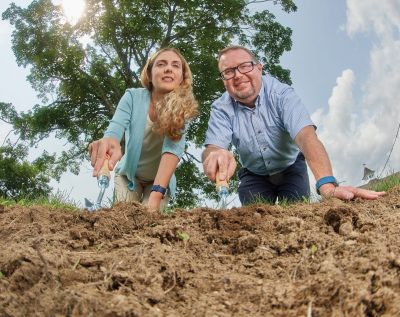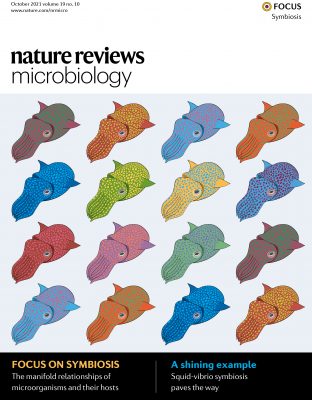The following MCB undergraduates were named 2022 University Scholars (of 17). University Scholars is a prestigious UConn undergraduate program in which students design and pursue in-depth research or a creative project and craft a learning plan that supports their interests and academic goals during their final 3 semesters.
Awardee projects demonstrate exceptional breadth and/or depth and bring together multiple fields of study, methodologies, and/or points of view. Graduation as a University Scholar recognizes a student's extraordinary engagement with self-reflective learning and research or creative endeavors.

